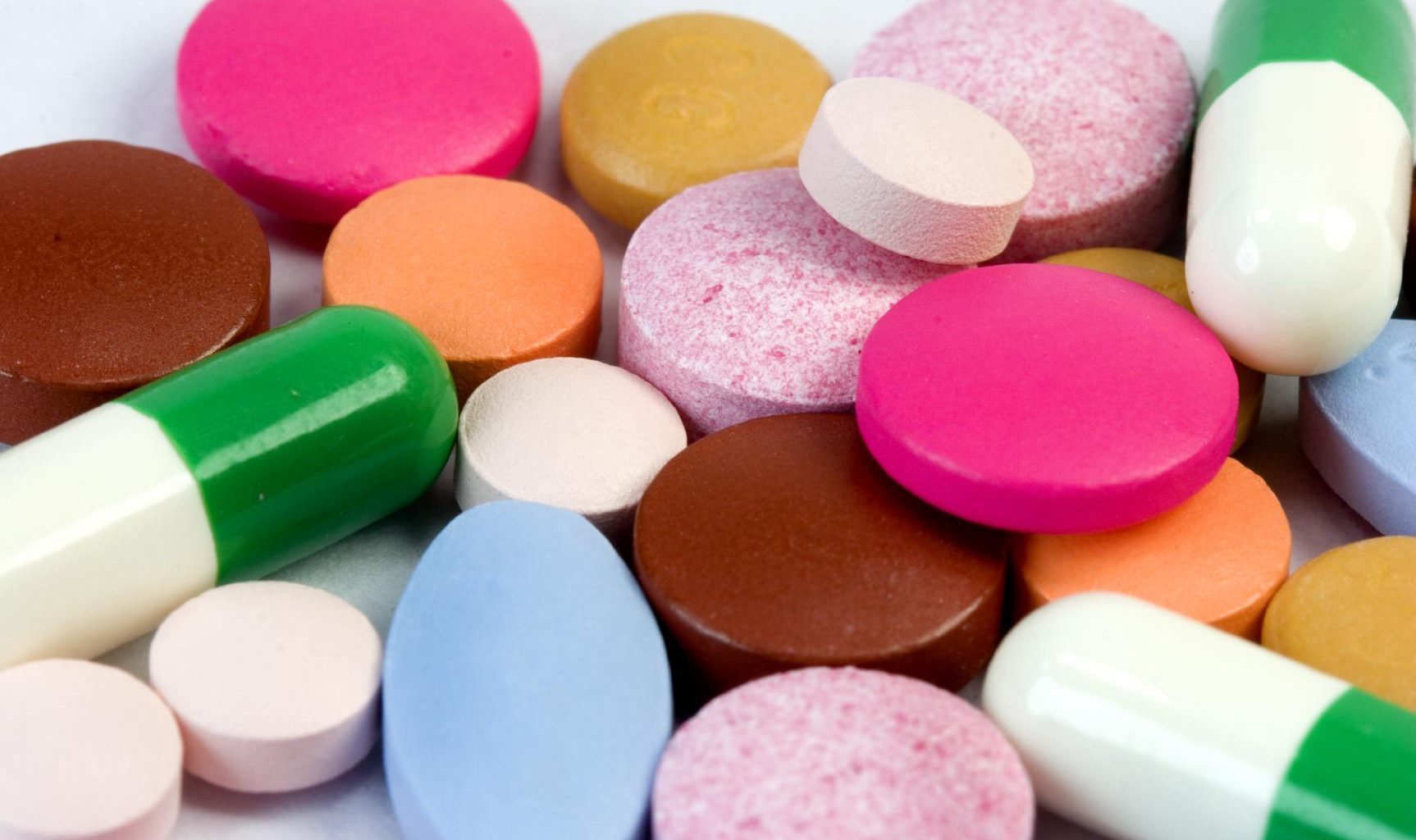
As a young boy, I was fascinated by the blue and red antibiotic pills- that always came in fancy colored medicine bottles- and had no clue why my mother cautioned me not to take more than was necessary. Back then I thought she was a bad sport, but after all these years, I now realize she was right.
On the occasion of the 2011 World Health Day (April 7th), a class I took which was conducted by two doctors — Ms. Maha Naim and Dr Khaled Al Saadi — who works at ASPETAR Sports Medicine Hospital and the Hamad Medical Centre in Qatar respectively, did much to open my eyes to the menace of unnecessary ‘pill consumption’.
They strongly argued that taking antibiotic pills for small illnesses was not a done deal. In addition to destroying one’s natural immunity, those antibiotics also helped pathogens grow stronger and more resistant to the medication. It has been scientifically proven that a single dose of unnecessary antibiotics will give pathogens in a person’s body greater immunity towards that medicine, for up to three years.
“Such pathogens, which create a resistance towards antibiotics and thrive, are known as superbugs. There are many known superbugs which infect people who aren’t conservative in taking antibiotics. Doctors are pressured to prescribe such pills, as people want fast relief, but some don’t complete the full dosage and preserve medicines for later use; something you should never do, on the contrary you should follow the full dosage to the end. All these have helped the creation of superbugs,” said Ms. Naim. 
Antibiotics was a term coined in 1942, by Selamn Waksman, to denote substances which killed bacteria. It’s responsible use is one reason why deaths due to infectious diseases came down drastically after 1940s. But it is very important to know when to take antibiotic medicines. “An antibiotic is not villainous if used in moderation. It helps reduce symptoms of diseases, but should be used strictly according to Doctors’ prescription. One shouldn’t be his own doctor. Never self-treat. While much has been done to rein in doctors from prescribing such medicines unnecessarily, much more needs to be done to educate people. That’s the need of the hour,” said Dr Khaled.
Next time, if your mom says not to take antibiotic tablets unnecessarily, listen to her. It may be one of her best advice to you, ever. The threat of antibiotic abuse is real. And it is wise to once again remember the theme for the 2011 World Health Day, “Antimicrobial resistance: No action today, no cure tomorrow.”
– Taita TS
Image Credits: Center for Science







